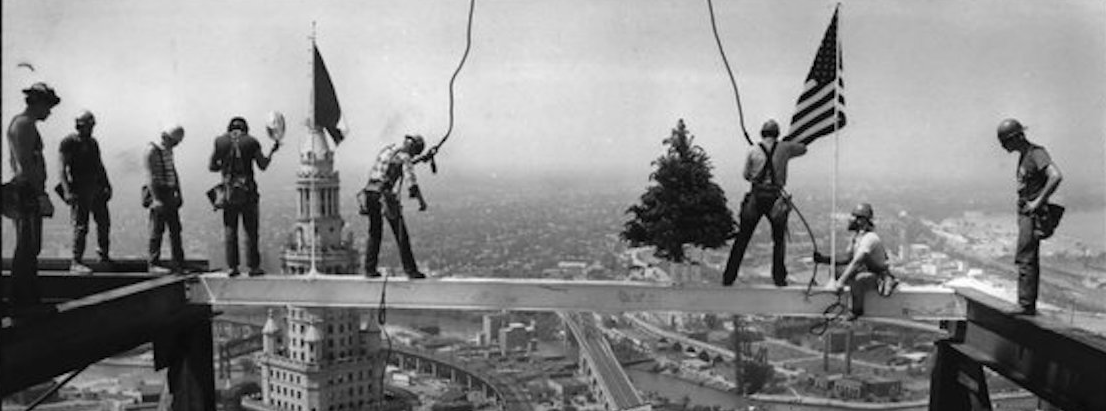Article written by David Marburger, a partner at Baker Hostetler’s principal office in Cleveland. Mr. Marburger is co-author of Access with Attitude, a book about Ohio’s sunshine laws.
This op-ed appeared in the Columbus Dispatch on Sunday March 10, 2013
Information Kept by Our Government Should be Presumed Open to Public
It’s time for the Ohio General Assembly to kill the stealth exemption.
The stealth exemption is a nickname for a series of misguided rulings by the Ohio Supreme Court in interpreting Ohio’s open-records law, our most potent catalyst for accountable government.
The court’s rulings have made Ohio the only state where citizens must prove that information kept by public agencies is supposed to be open.
In every other state, officials must comply with public requests to see records in their custody unless the officials prove that the information matches an explicit description in a statute that identifies the kinds of information that they can withhold.
Ohio’s top court has moved that key component of open government back to the 17th century, when England ruled America.
In England, the government was the king’s government. An English citizen had to satisfy the king’s ministers that the citizen deserved to see particular records. If Mr. Jones could show that he was about to sell his land, he could see his recorded deed.
But America emphatically rejects that idea. Officials keep and create records only for our benefit, under our authority, and with our money. Open records is the default.
In limited instances, we’ve decided that society benefits more by closing certain categories of records than by opening them. So we’ve enacted statutes that specifically identify categories of records that officials may withhold from us. How government security systems work is an example.
But about 10 years ago, Ohio agencies began to say no even when recorded information that we requested didn’t fit any statutory exception. The agencies pounced on the statutory definition of record, which applies to recorded information that documents any activity of government.
The logic: If official information isn’t a “record,” then it can’t be a “public record.” And if it isn’t a “public record,” the public has no right to see it.
They insisted on narrow, highly literal interpretations of “record,” and they succeeded in persuading the Ohio Supreme Court to adopt the narrow view. Actual rulings:
• Citizens’ letters kept by a judge that tried to influence her sentencing in a controversial criminal case — closed because they aren’t “records.”
• Parents’ letters received by a public high-school superintendent describing how the high-school basketball coach was treating the student players could be freely destroyed because they weren’t “records.”
• Responses by prospective jurors in a criminal case to the court’s written questions, and used to select which jurors to keep and exclude from the case — closed because they aren’t “records.”
• Emails among county employees using county computers while on the job that racially harassed another employee — closed because they aren’t “records.”
• Applications to become public-school superintendent sent to the school district’s post office box at the school district’s instruction were not “records,” and so were closed until the school board disclosed them at the board’s own initiative.
The definition of record has become a stealth exemption from the public’s right to know. It’s a black hole of government-stored information that we can’t see and that no one can categorically identify.
The Ohio Supreme Court has never answered this question: Which law allows our agencies to keep recorded information that isn’t a “record”? Answer: There isn’t one.
Or this question: Which theory of democracy justifies allowing officials to conceal information kept in managing our affairs, collected using our authority, and paid for with our funds — when no law identifies that information? Same answer.
All recorded information kept by our government agencies must be presumptively open to the public unless expressly closed by statute.
If that makes the family photos on the mayor’s secretary’s desk a public record, then pass a law that exempts the personal effects of public employees that are incidental to their employment. But nothing should be exempt from public view unless one of our statutes says it is.
